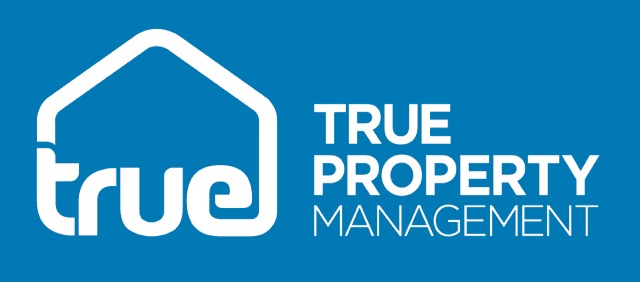Maybe you invested in a property and at first it looked like a positive cash-flow property but now it's not shaping up that way. The property you purchased may have needed bigger repairs than you anticipated, or it's remained vacant longer than you bargained for or the maintenance numbers you used to calculate your return initially, fell short.
If you have a large stable of properties that can cover the cost of this one negative cash-flow property, then it's not going to make such an impact. But, if you are feeling the pinch you could try some of these ideas. Keep in mind however, you need some expert advice on these options, get your property investing team on the case and figure out which might work best for your situation.







